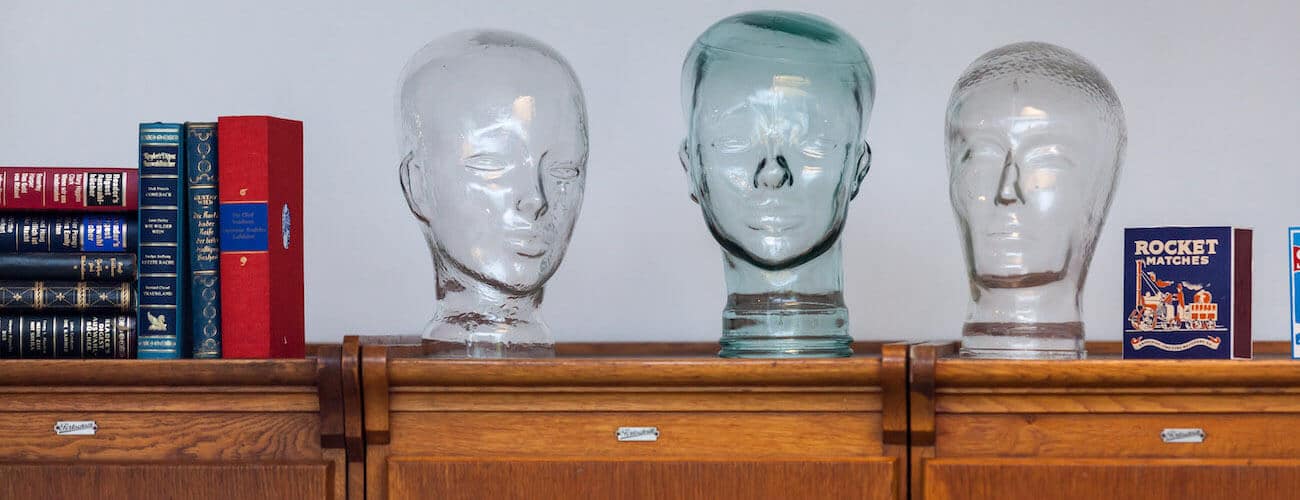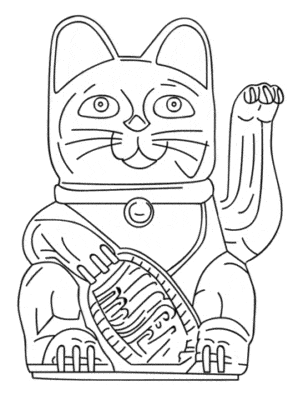
#MemberSpotlight – on Adaptation, Empathy and Authenticity in Leadership
Mindspace member Paul Weißhaar, former project manager and team lead at Airbus, recently published his first book on the art of good leadership: The Chameleon Method (in German: Die Chamäleon Methode. Angepasst führen, authentisch bleiben). We met the leadership coach and author for coffee and a chat at Mindspace Rödingsmarkt in Hamburg to learn more about how to improve leadership skills in the workplace.
What is the Chameleon Method all about?
In essence, you can only be successful as a leader if you manage to adapt to your employees. I deliberately chose the chameleon as the protagonist; after all, the chameleon – contrary to popular belief – does not adapt to its environment, but changes color according to its emotions. This is what the chameleon method is all about: as a leader, I am able to recognize my employees’ values and can mirror them towards mine.
Leadership thus starts with oneself. Where do I stand as far as my values? What drives me? Do I have any distinctive characteristics? Once I answer these questions for myself and know my employees well, I can use the Chameleon Method to adapt my communication to my employees so that we can reach a consensus and work effectively as a team.
You worked for a large corporation for a long time. Did you realize back then that there’s still much room for improvement in the area of leadership communication?
I didn’t only know so – I felt it with every cell of my body! As is often the case, I was virtually thrown into the management role. I was never properly trained. That’s the way it’s been my entire career as an employee: right after establishing my status and knowing how things work, I was transferred to a new position and had to start all over again.
It was the same when I became a site manager in France. I had a laptop and ten employees – without an office. I had to set everything up from scratch, which in itself wasn’t even the problem. The real challenge was suddenly managing a team of employees, some of whom were even twice my age! That’s when the struggle began. I worked long hours because, as a very responsible person with no management experience, I was doing the work of employees that I couldn’t manage and motivate properly.
At some point I realized that I had to change something. And I believe that this is the case in many leadership roles – the responsible people aren’t properly trained for the challenges they’re suddenly facing on a professional, interpersonal level.
How did you turn the wheel around in an attempt to do better?
I’m not very proud, in fact almost ashamed to say this, but after a very hairy situation I was frustrated with the approach and the communication within the team. So I decided to give a big lecture to the whole team, letting everyone know who was in charge. Of course, this completely backfired.
At some point, I told myself that I urgently needed to work on my leadership style and asked my boss to allow me to attend a leadership seminar or a mentoring program, which I was able to start shortly after. This was the beginning of my journey towards good leadership and the first thing I realized was that the problem was not the others, it was me.
What changed for you and your team after your learning experience?
I noticed the difference right away. After I had intensively studied the teaching of different personality types, giving good feedback and motivational psychology, everything became much easier! My employees were motivated and efficient, and I had the most calm life in a long time – even though soon after I was to manage a project involving 300 people. It succeeded because I learned to communicate transparently and at eye level, and because I was able to adapt to their values.
In the new norm of often remote job settings, how does a manager get to know his or her employees well enough?
Good question. Again, It starts with yourself. If you are able to identify your own values, you can also apply this ability well to others and recognize their intrinsic motivations. You get a sense of it, so to speak.
But isn’t there a fine line between emphatic recognition on the one hand, and stereotyping on the other?
Yes, I also address it in my book. Honestly, it’s very human to think within the box. At the end of the day, however, people are as individual as their fingerprints, and it is essential to be aware of that. So if you really want to lead through motivational psychology, you have to go into detail and treat people individually. Then you can work out motivation types, and talk about them openly with your employees in a seminar or a team workshop, for example.
Would you say leaders understand the importance of such training?
Unfortunately many leaders never enjoyed such training themselves, and it’s also the reason why my book is especially targeted to leaders who might have never heard about this whole topic. My book is more introductory, quick reading – because if there’s one thing that leaders and managers lack, it’s time!
However, I am certain that anyone new to a leadership position ultimately needs training, including mentoring at best, because it’s often very lonely at the top…
How can we ensure that such training becomes a routine procedure?
I think of this as a matter of urgency. It’s the same with health issues: we all know that we should drink less alcohol, eat healthier, and exercise more. But most of the time we don’t change our habits until we feel a twinge somewhere and the doctor tells us we have no other choice. Ultimately, it’s very similar in companies, too. On the outside, the KPIs may be right, and the performance and quality are good. But what about the vibes of the team? How are my employees doing? Why are certain employees conspicuously often sick?
In a survey, Gallup found that German companies lose 124 billion euros a year due to demotivated employees – that’s a brand-new Lamborghini every 4 minutes. My book is here to help start a discussion and focus on this very important topic.






